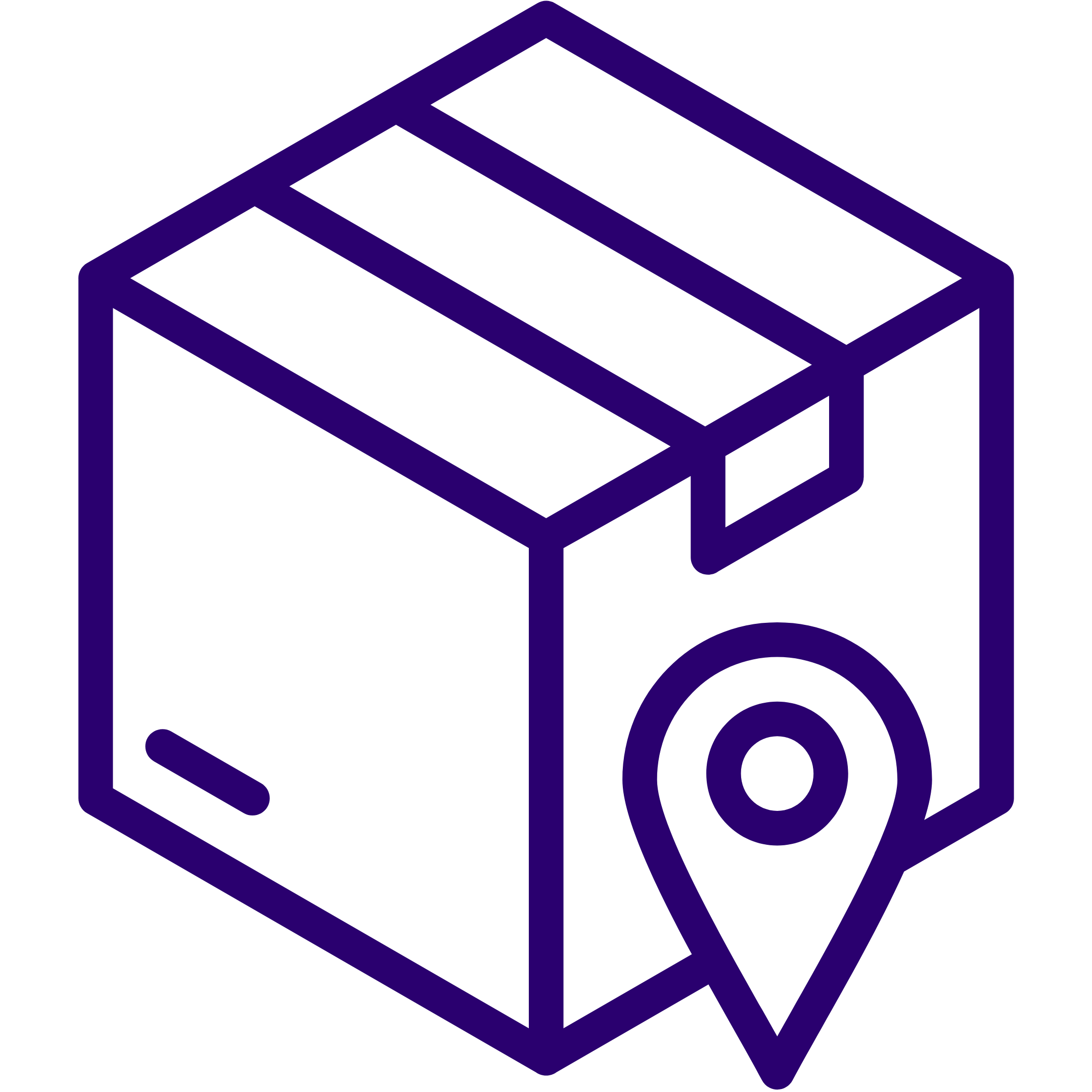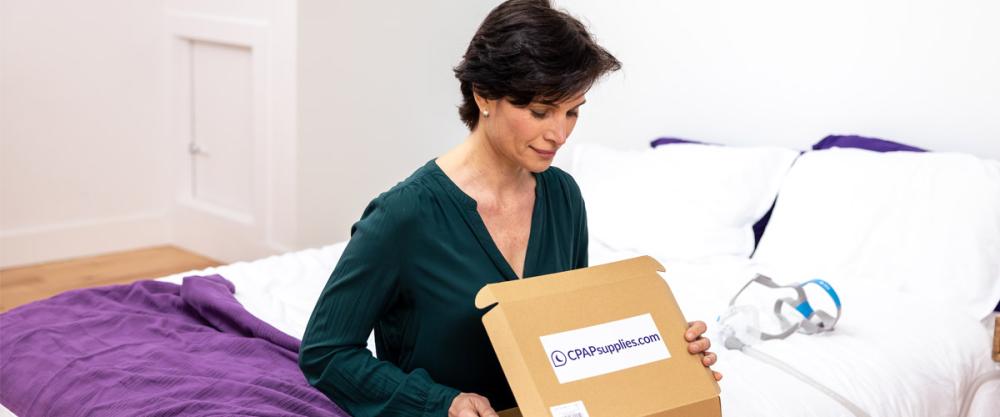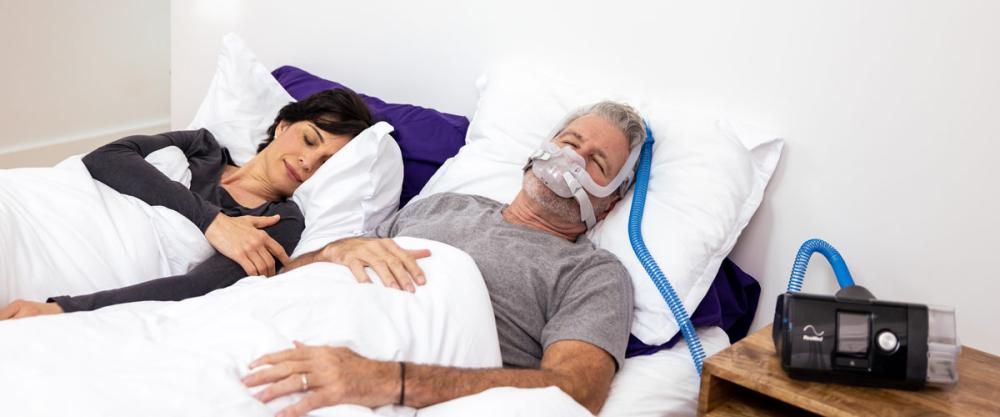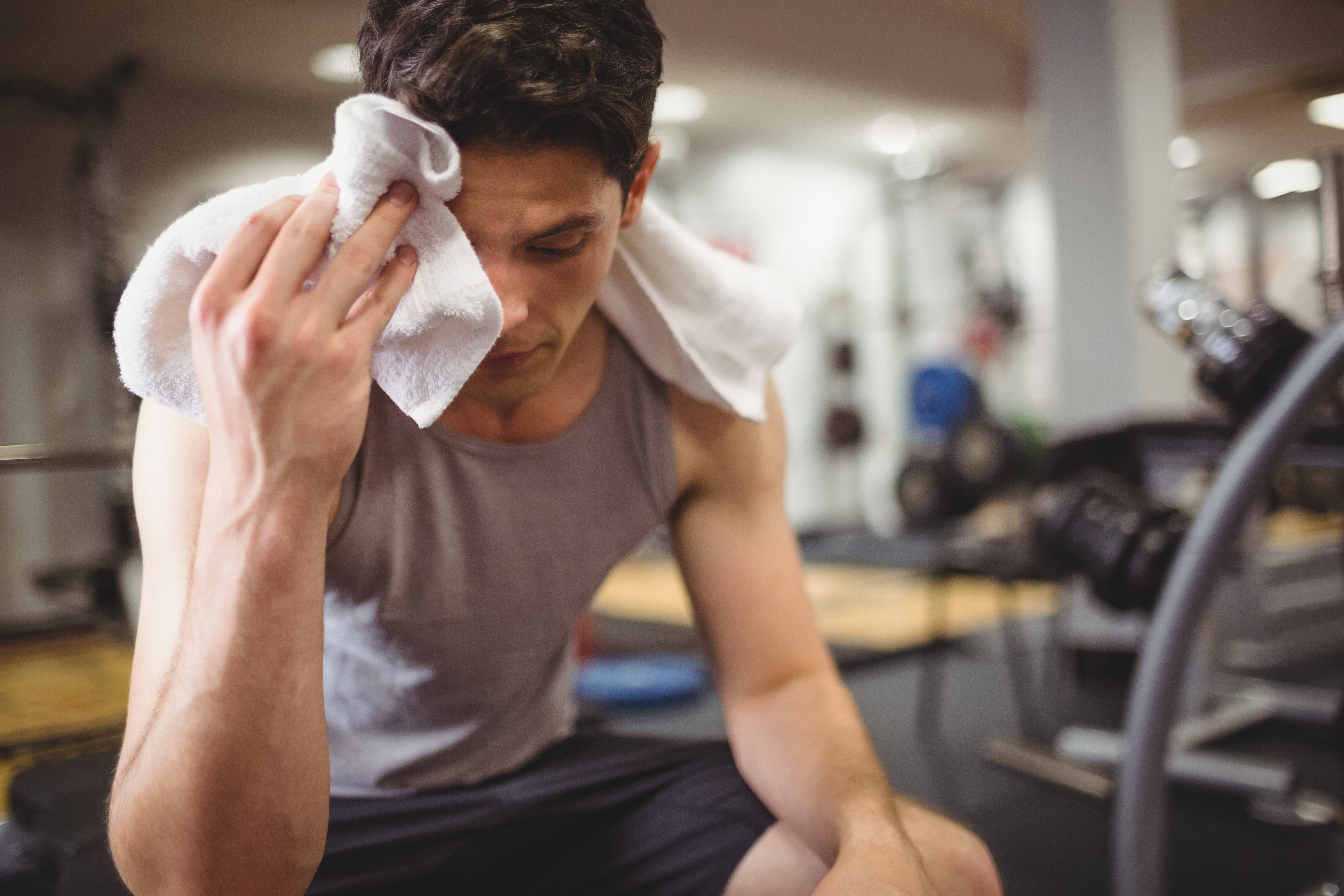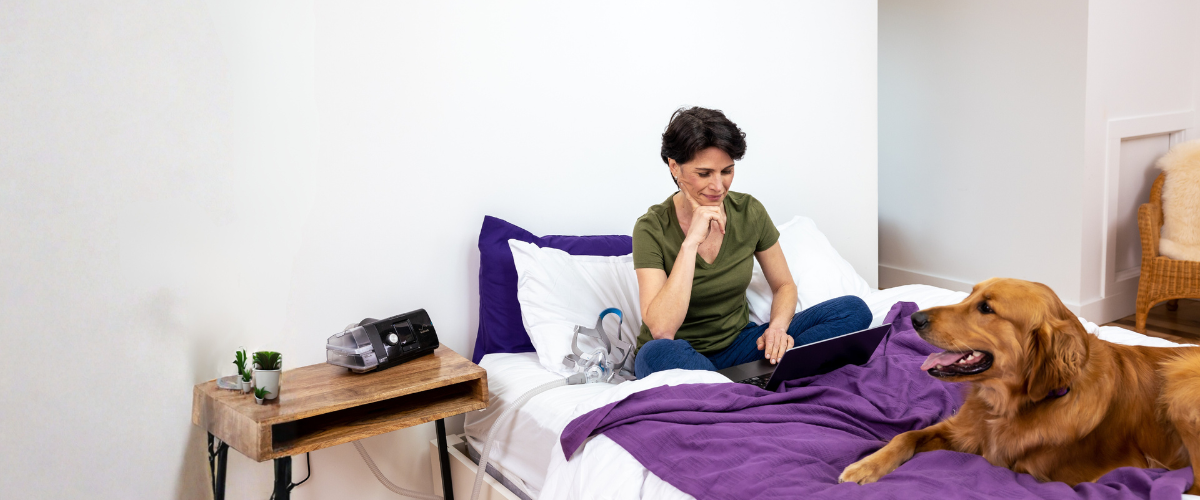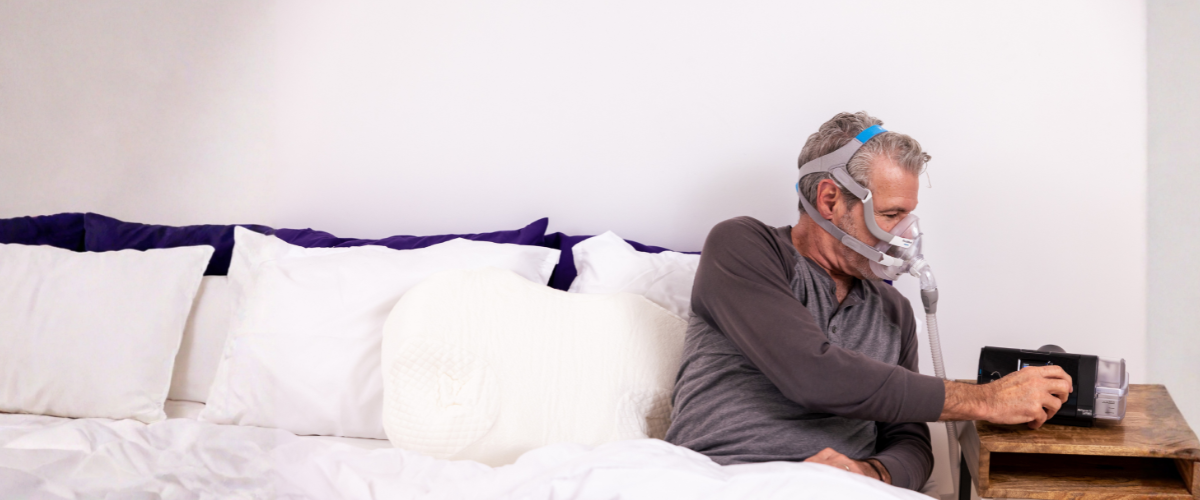Getting a CPAP machine is necessary to successfully treat sleep apnea, however, unfortunately, you can’t just go to a store one day to buy one. First, there are a few simple steps to take in order to protect your health. You'll need a doctor to determine the correct CPAP pressure settings to treat you effectively. Knowing the process can help make the steps easier and faster, so learn exactly how to get a CPAP machine below.
How To Get a CPAP Machine
1. Visit Your Doctor
The first step towards acquiring a CPAP machine to treat sleep apnea involves visiting your healthcare provider. Letting your doctor know your symptoms and what you’re experiencing will give them a better idea as to what treatment options to provide.

Many individuals who go to their doctor with sleep apnea concerns report not feeling rested when they wake up in the morning. They will often mention snoring or that their partner has witnessed their breathing stop during sleep. Grumpiness, depression, and lack of concentration are also common symptoms.
If this is the case, generally the first thing your doctor will want to know is if you’re getting enough oxygen while you sleep. This information is determined by an overnight sleep apnea test.
2. Take A Sleep Apnea Test
Your physician may recommend a home sleep study, or an overnight pulse oximetry test to determine how much oxygen is in your blood while you sleep. Once a qualified sleep clinician receives your test they will review the results and contact your doctor.
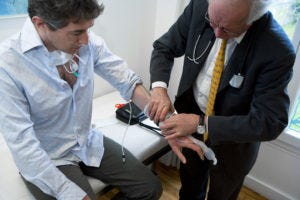
A lab sleep study, or polysomnography, may also be recommended. This type of sleep apnea test takes place in a sleep lab overnight while connected to various machines to monitor for apneas. Polysomnography can provide more detailed results about how often and how long you stop breathing during the night.
For example, they provide insights as to how hard your body is working to breather, how much your limbs and chin move, eye movement, heart rate, pulse oximetery, and more. This can provide information for your CPAP or BiPAP levels CO2, pH, and additional information neccesary for proper treatment.
At-home sleep apnea tests are generally less expensive than lab studies, but lab studies can provide much more information about your condition. A recent study shows that at home tests are just as effective at detecting moderate to sever sleep apnea as lab studies. However, lab studies are able to dected other sleep disorders as well as unstable comorbidities. After assessing your symptoms your doctor will recommend which sleep apnea test is best for your individual needs.
3. Get Your CPAP Machine
Once you have your CPAP prescription can you roll up to a CPAP store? Sorta! Instead, head to your computer. You can search “CPAP store near me” to possibly find a local place, but you can also shop online to order your CPAP from a durable medical equipment supplier. This way, you have access to the lowest prices possible.
However, you need to work with a supplier like CPAP Supplies, that can send your machine to a clinician to set your individual pressure settings for you on your machine. This information is found on your prescription and needs to be set by a professional to ensure your health and safety during sleep apnea treatment. Browse top quality devices as well as your CPAP supplies. You will need a CPAP mask, filters, cushions, and more that will need to be replaced regularly.
Take advantage of our 30-day mask guarantee to find the perfect CPAP mask for your specific needs. We also have certified CPAP clinicians available to answer your questions, either through our website or by calling 866-298-6482.
If you are having trouble sleeping, or you wake up feeling tired and it seems more difficult to get through the day, have a conversation with your doctor and begin treatment if needed. You will be amazed at how much better you feel!

